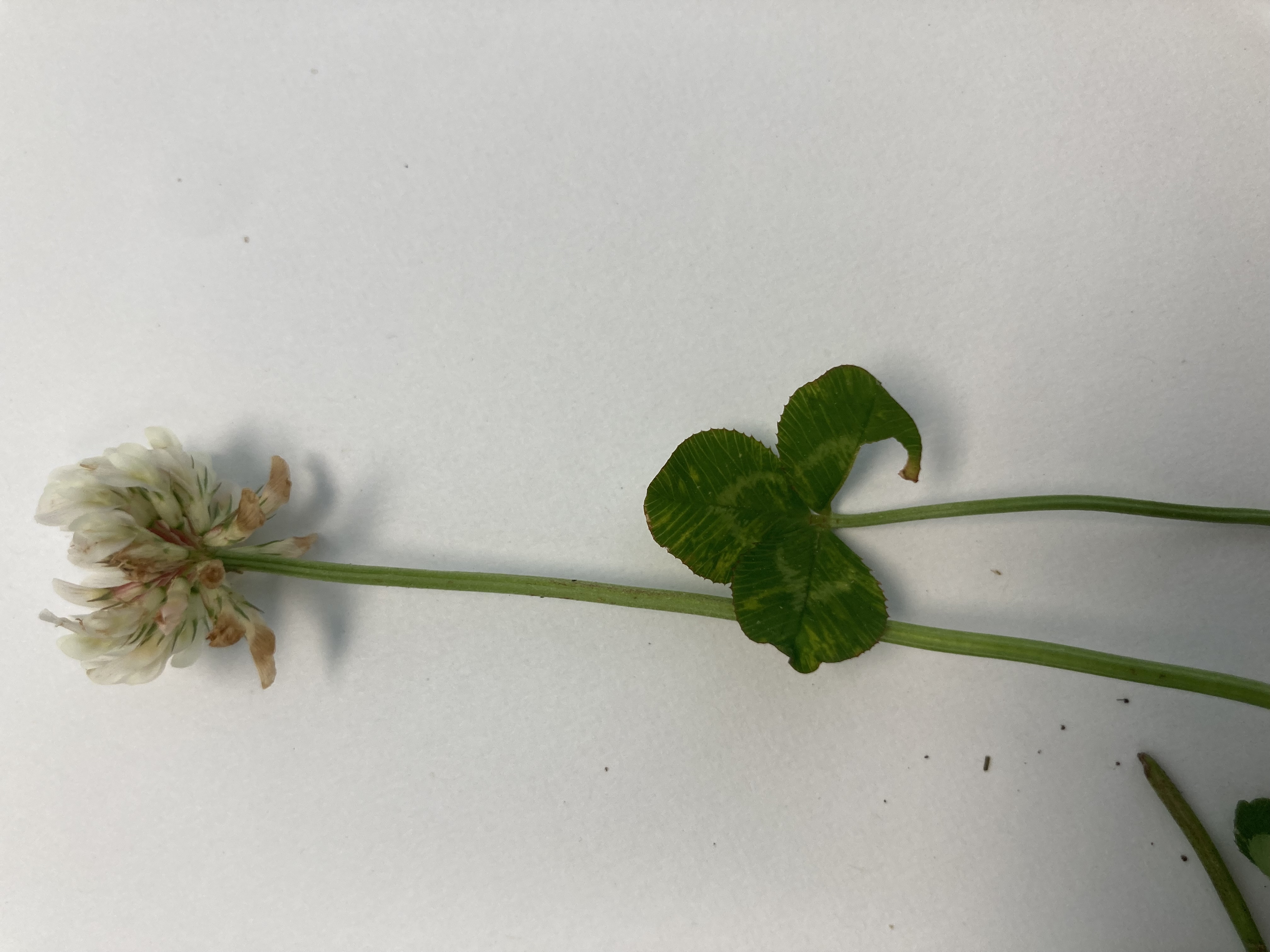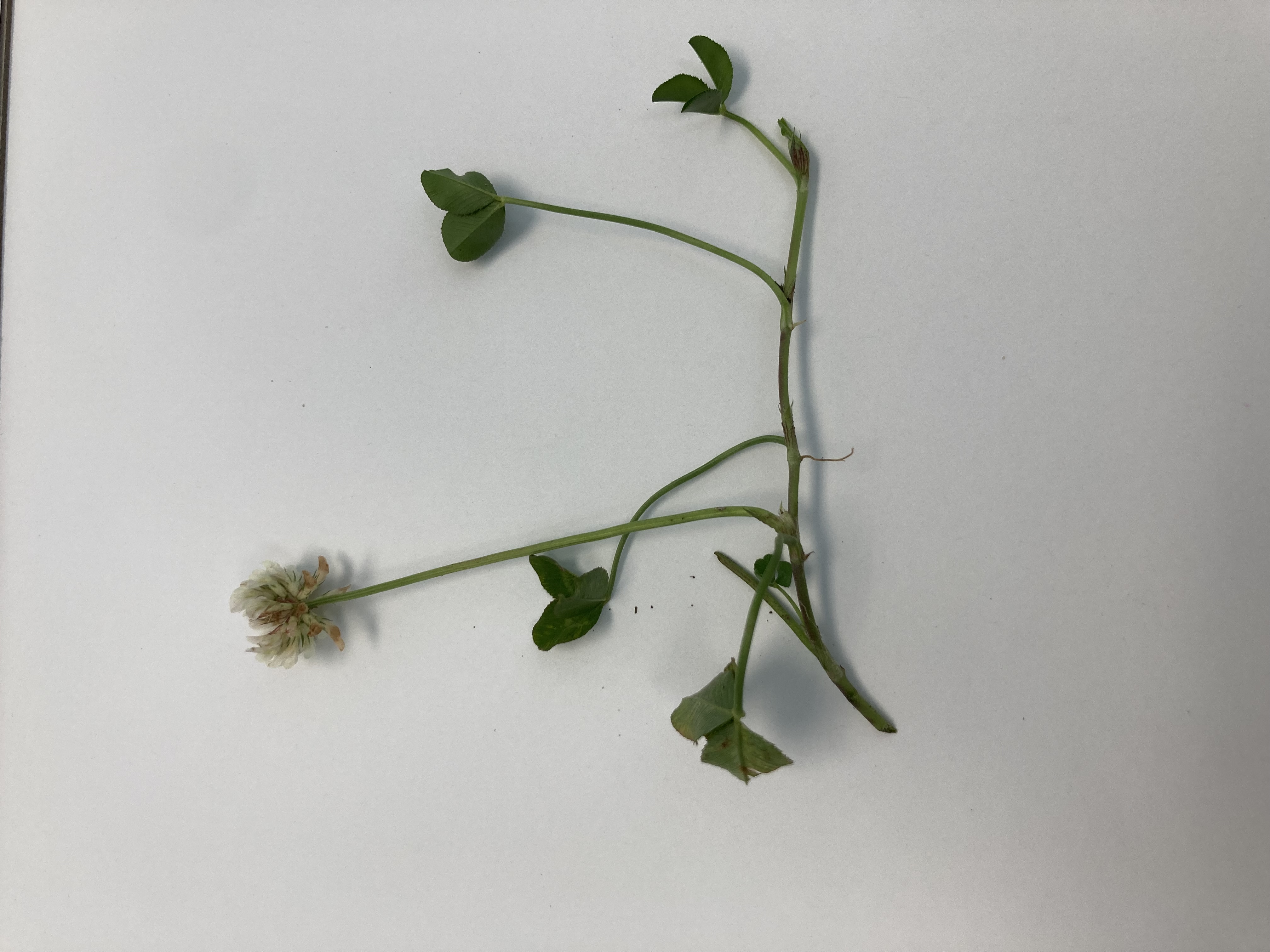Do You Have White Clover?
go.ncsu.edu/readext?931123
en Español / em Português
El inglés es el idioma de control de esta página. En la medida en que haya algún conflicto entre la traducción al inglés y la traducción, el inglés prevalece.
Al hacer clic en el enlace de traducción se activa un servicio de traducción gratuito para convertir la página al español. Al igual que con cualquier traducción por Internet, la conversión no es sensible al contexto y puede que no traduzca el texto en su significado original. NC State Extension no garantiza la exactitud del texto traducido. Por favor, tenga en cuenta que algunas aplicaciones y/o servicios pueden no funcionar como se espera cuando se traducen.
Português
Inglês é o idioma de controle desta página. Na medida que haja algum conflito entre o texto original em Inglês e a tradução, o Inglês prevalece.
Ao clicar no link de tradução, um serviço gratuito de tradução será ativado para converter a página para o Português. Como em qualquer tradução pela internet, a conversão não é sensivel ao contexto e pode não ocorrer a tradução para o significado orginal. O serviço de Extensão da Carolina do Norte (NC State Extension) não garante a exatidão do texto traduzido. Por favor, observe que algumas funções ou serviços podem não funcionar como esperado após a tradução.
English
English is the controlling language of this page. To the extent there is any conflict between the English text and the translation, English controls.
Clicking on the translation link activates a free translation service to convert the page to Spanish. As with any Internet translation, the conversion is not context-sensitive and may not translate the text to its original meaning. NC State Extension does not guarantee the accuracy of the translated text. Please note that some applications and/or services may not function as expected when translated.
Collapse ▲White Clover is a common weed in turf. While unsightly in lawns it is a very valuable forage in pastures. It is a legume which means it creates its own nitrogen from taking it from the air. This occurs from a symbiotic relationship with a bacteria. The bacteria creates a nodule on the root to benefit the bacteria and the clover. The forage is available the most in April and May. For more information on general forage information go to Forages for North Carolina: General Guidelines and Concepts.
White Clover is susceptible to 2,4-D and Dicamba. It should not be sprayed with either if you are wanting clover in your pasture. When establishing in a pasture you can drill or broadcast white clover at 5 lbs an acre. For more information call N.C. Cooperative Extension – Lee County Center at 919-775-5624.





